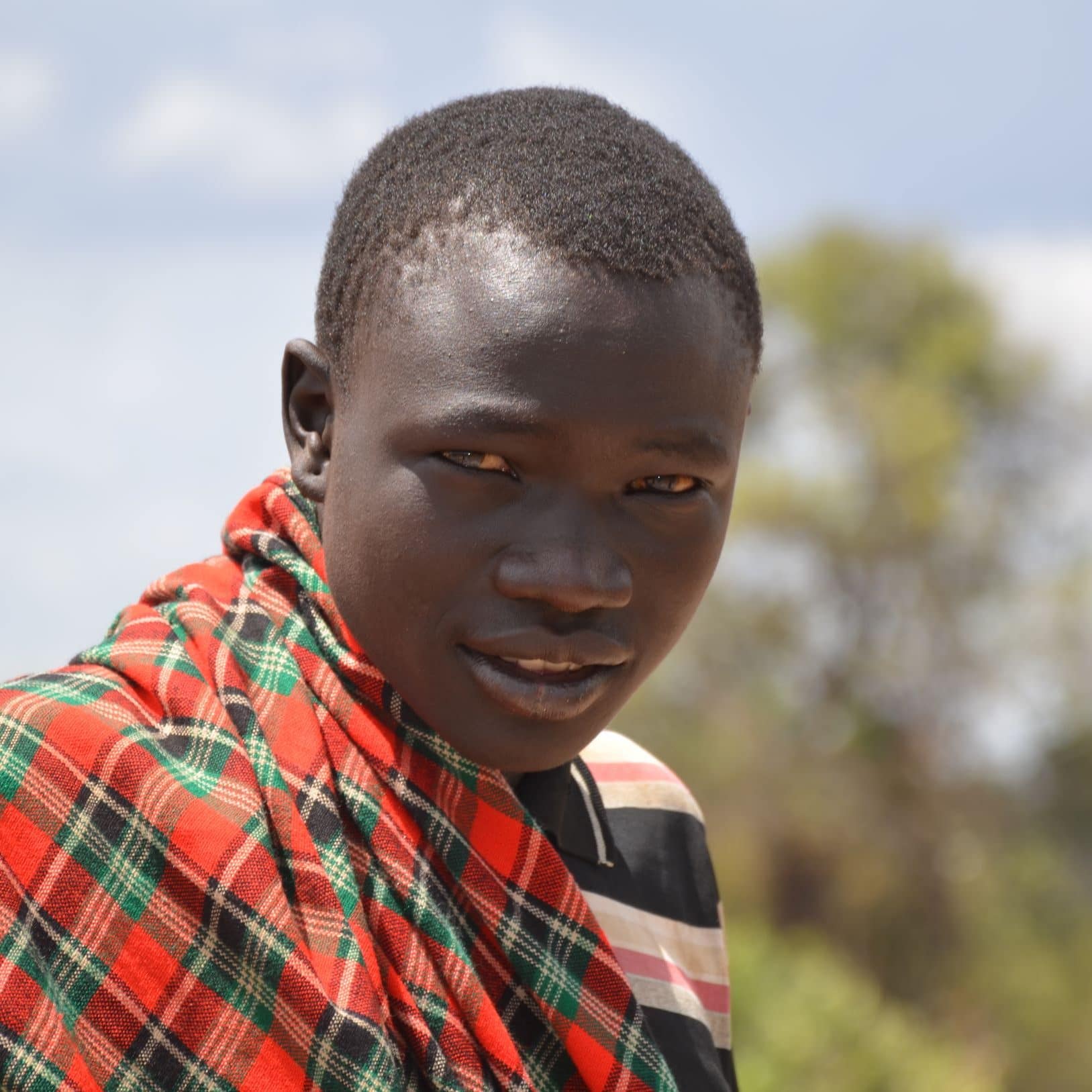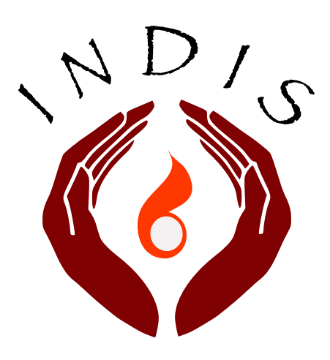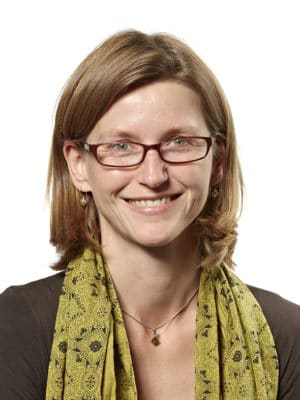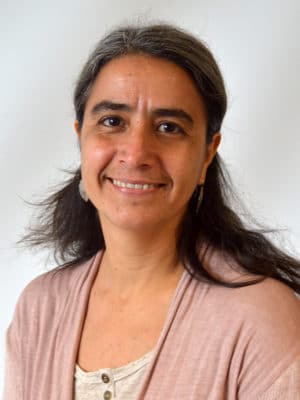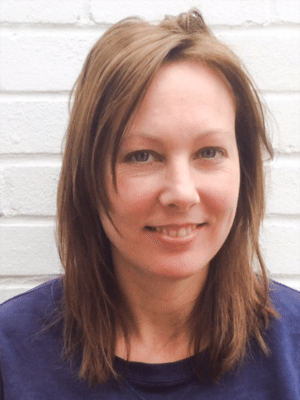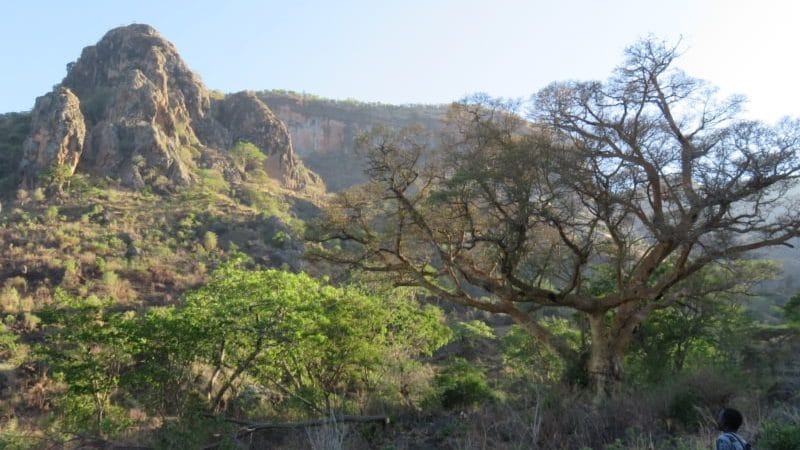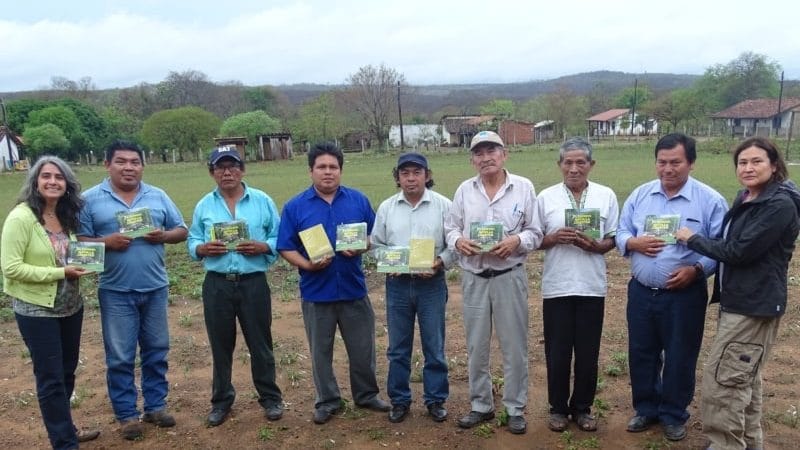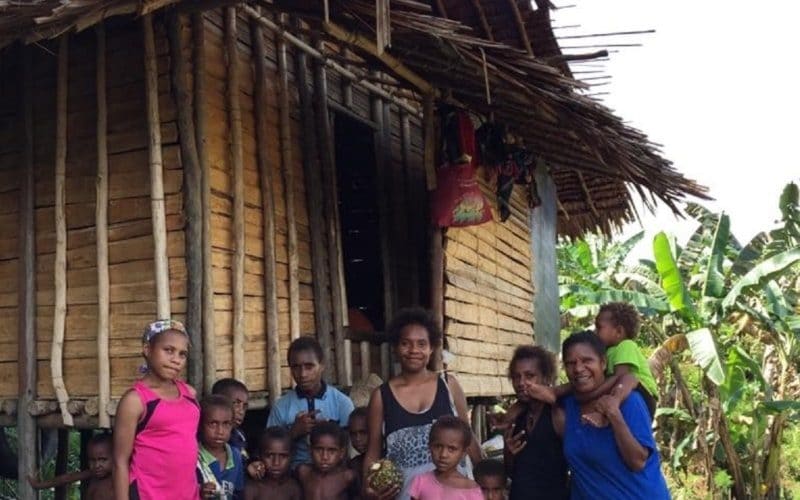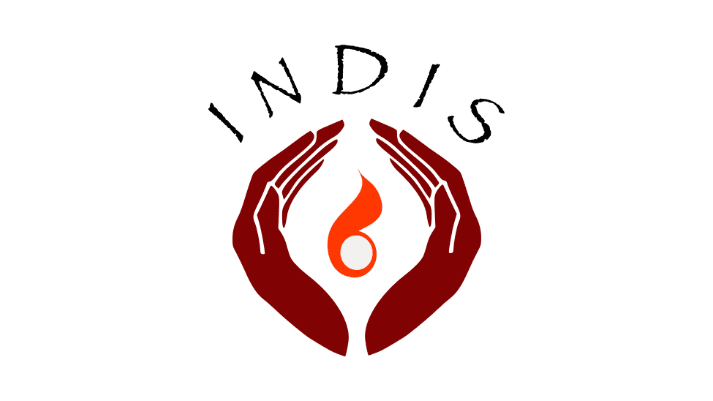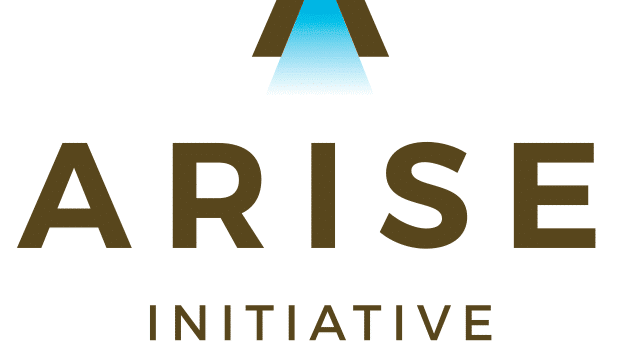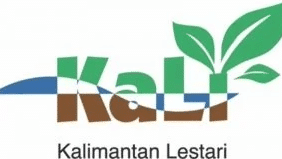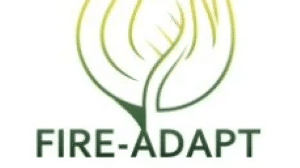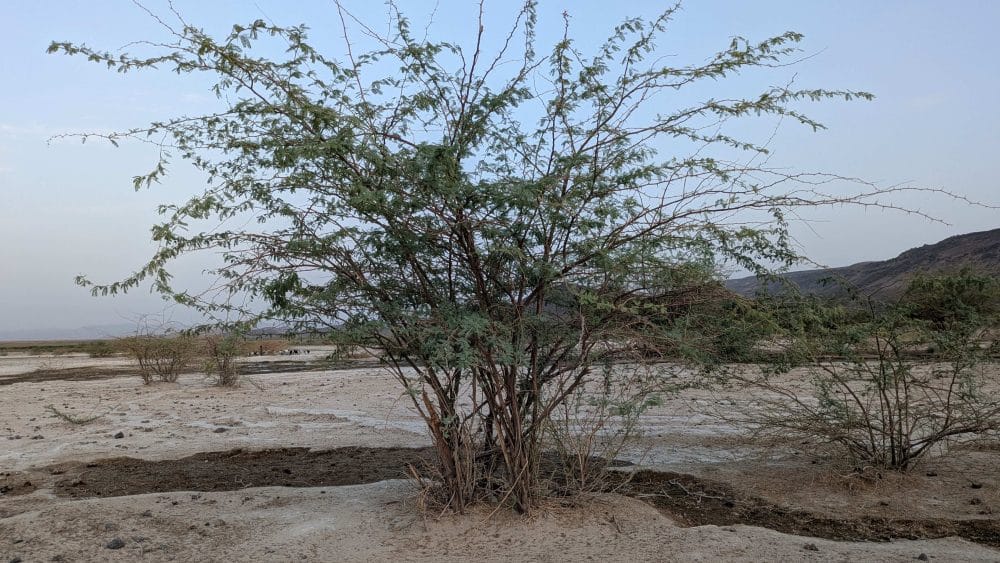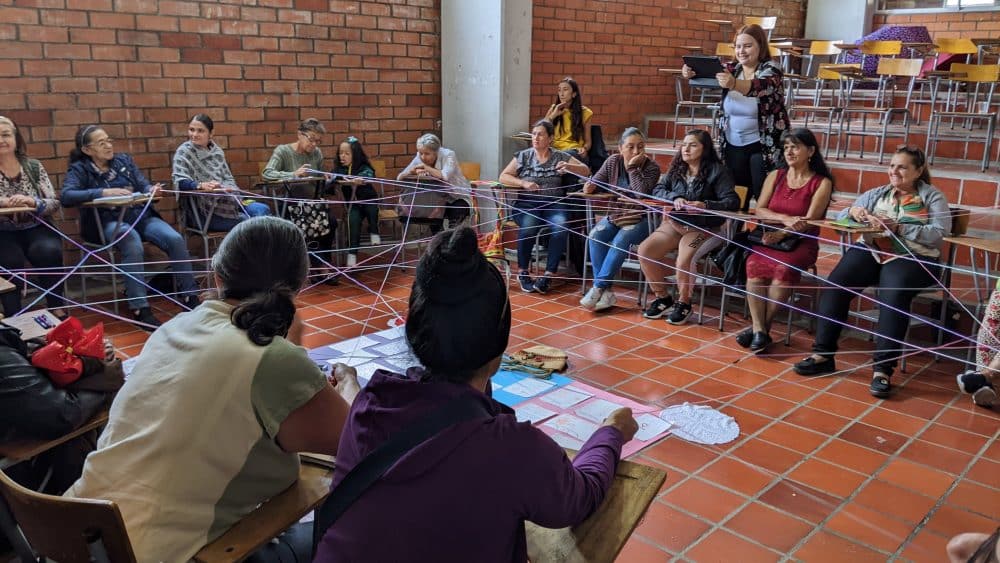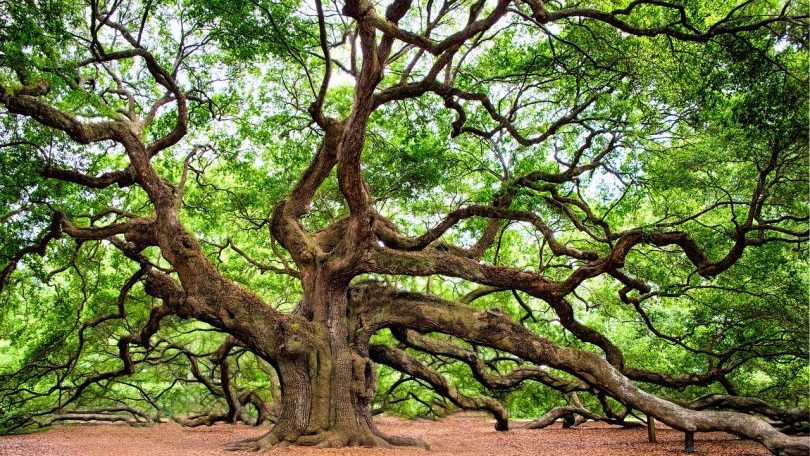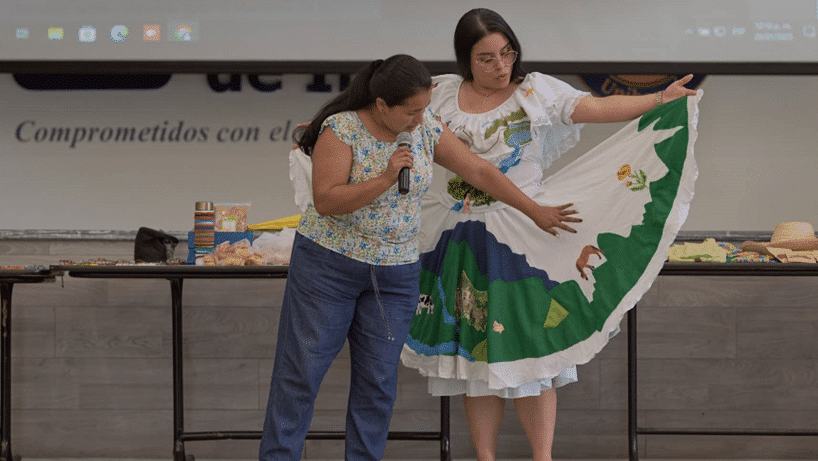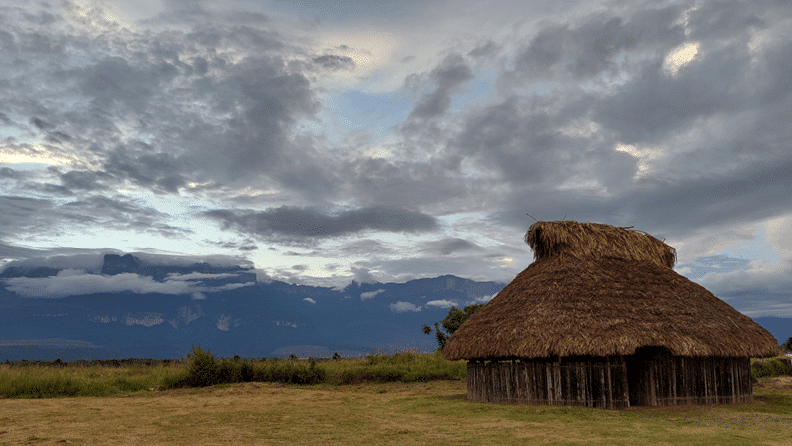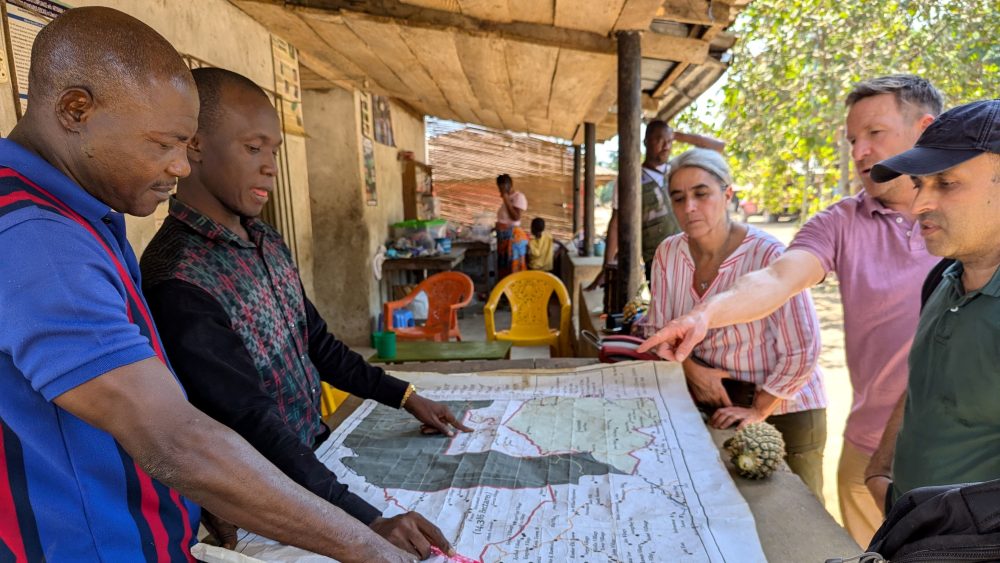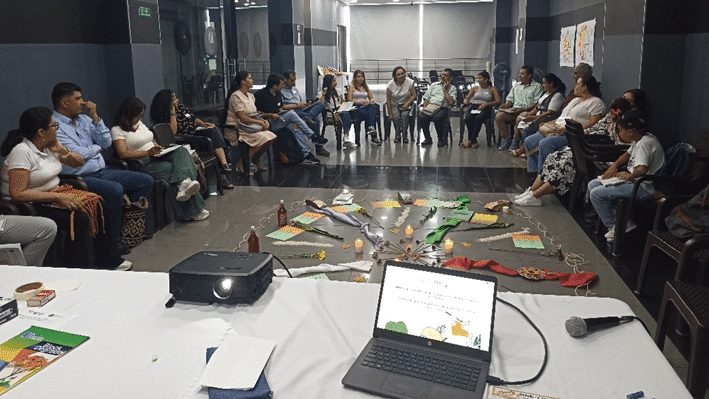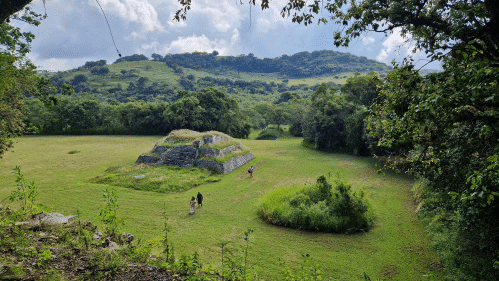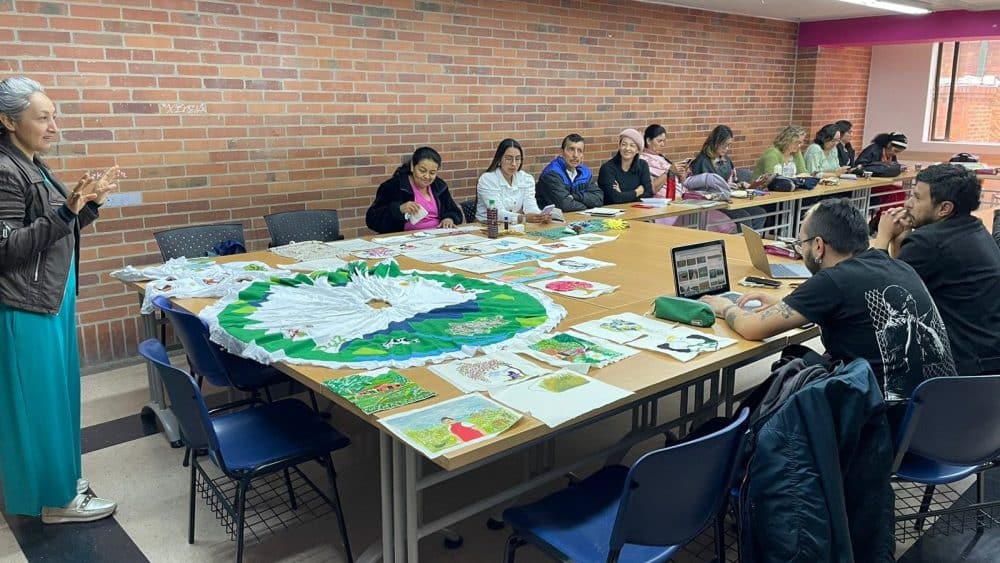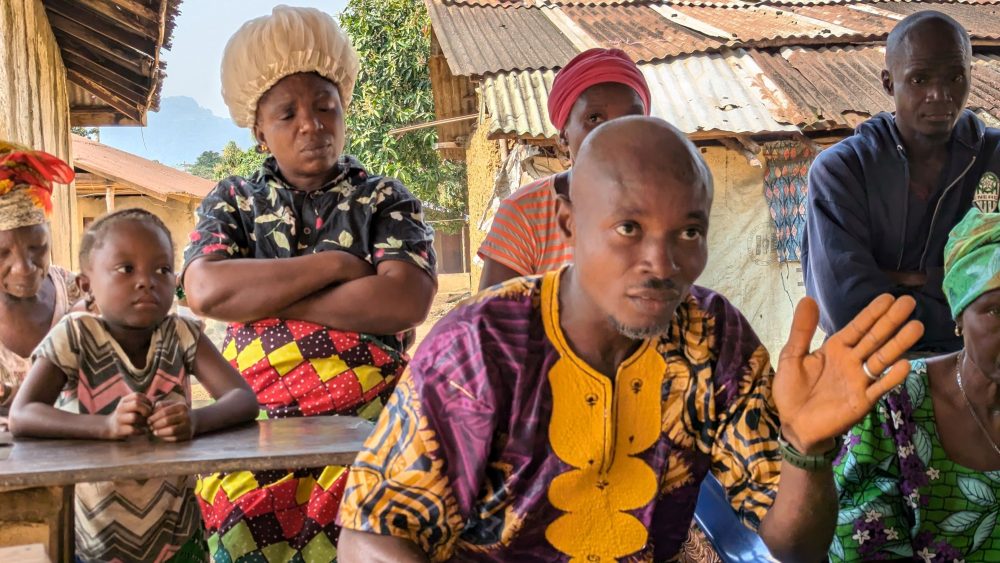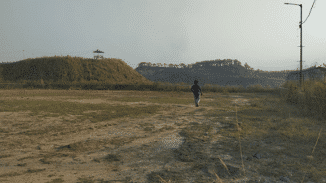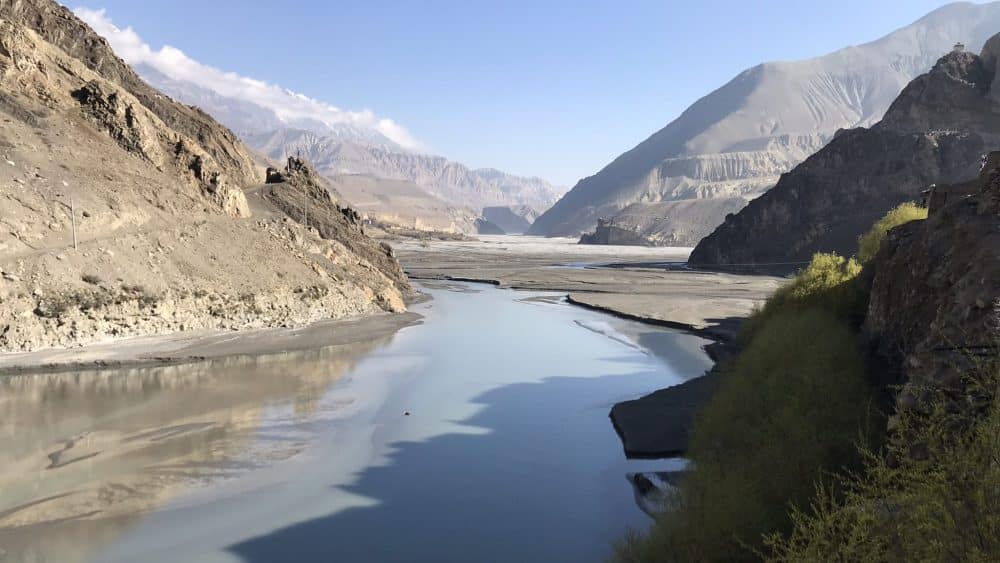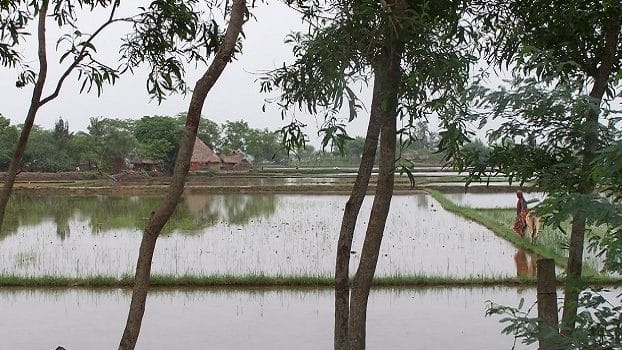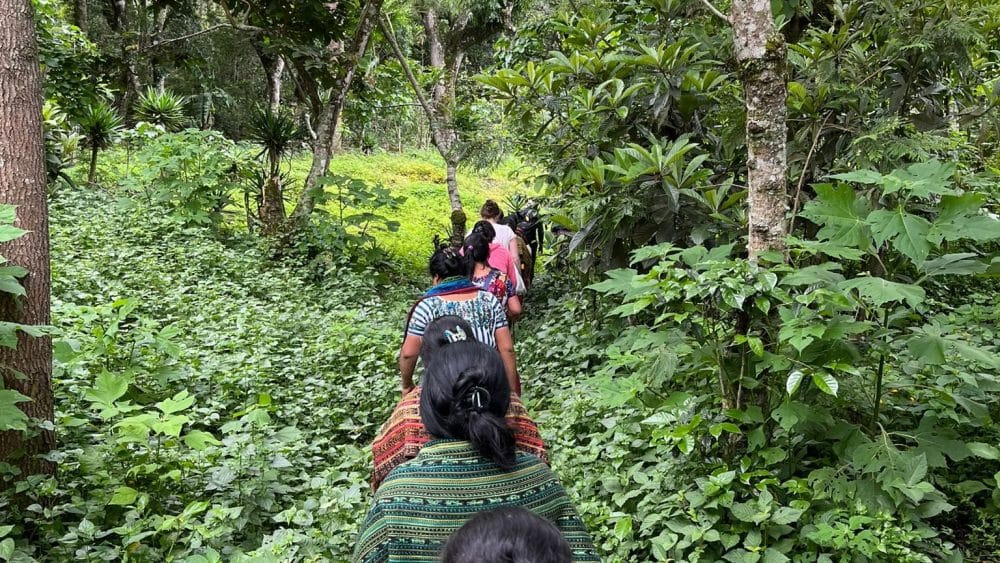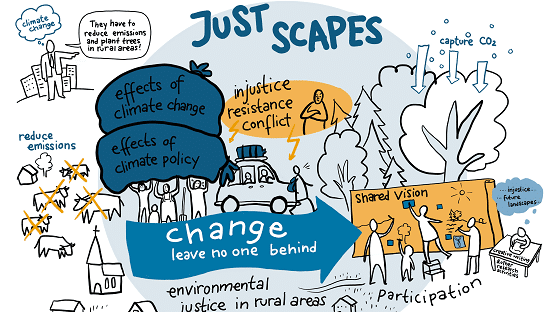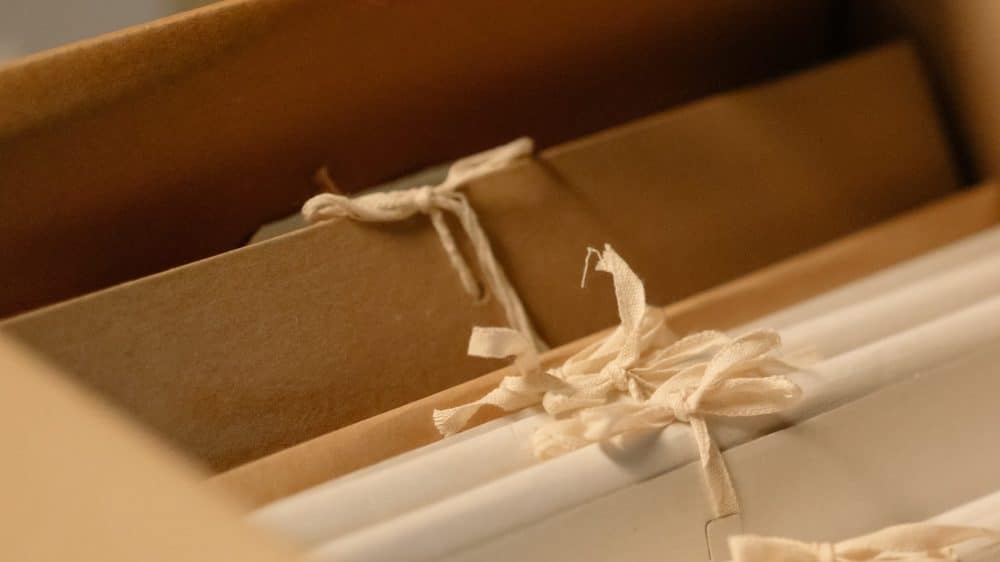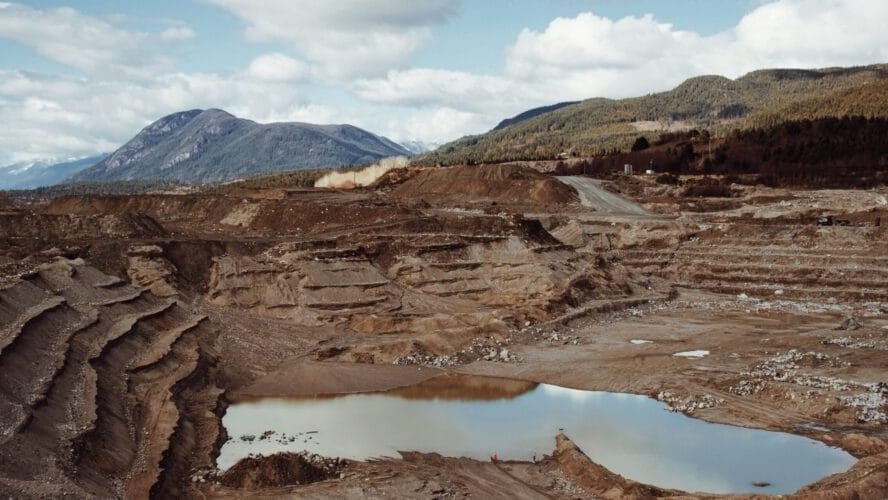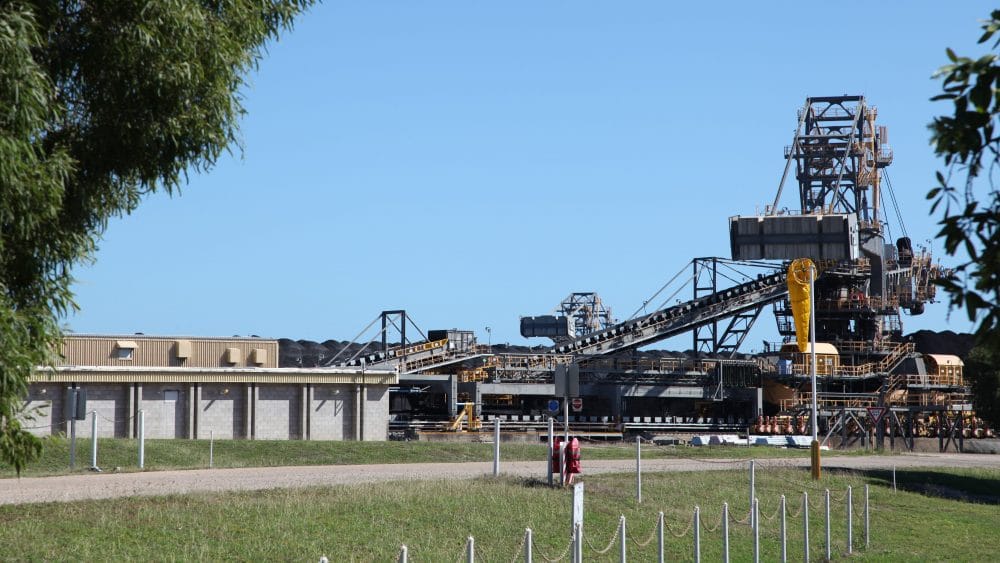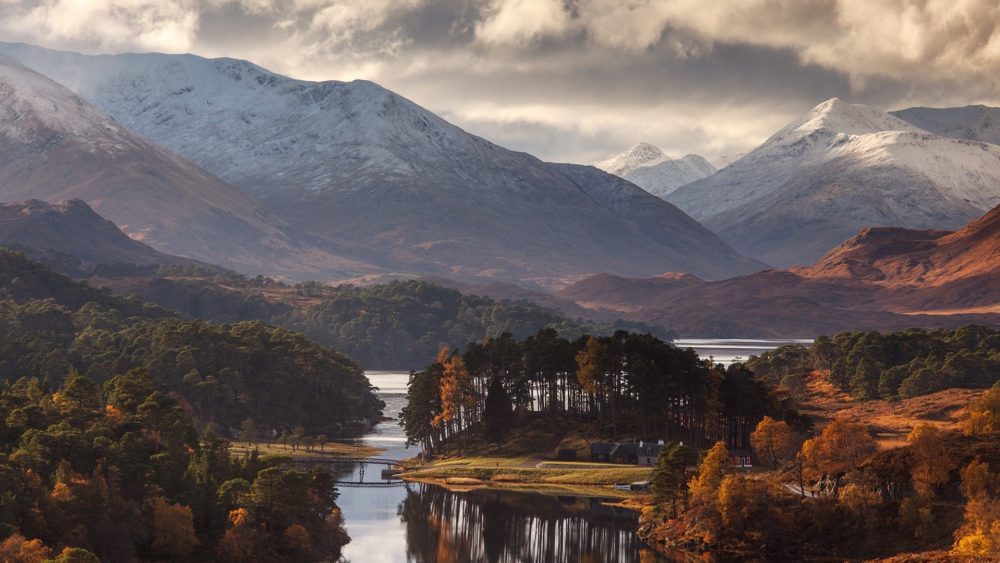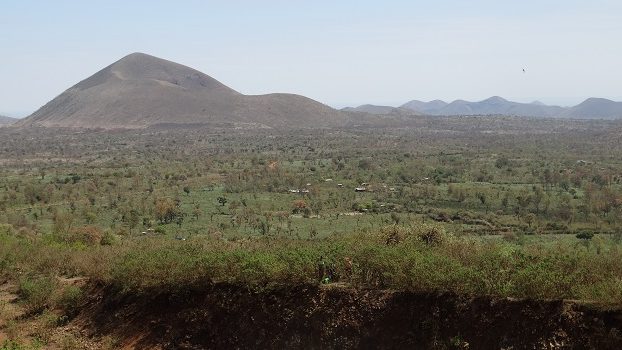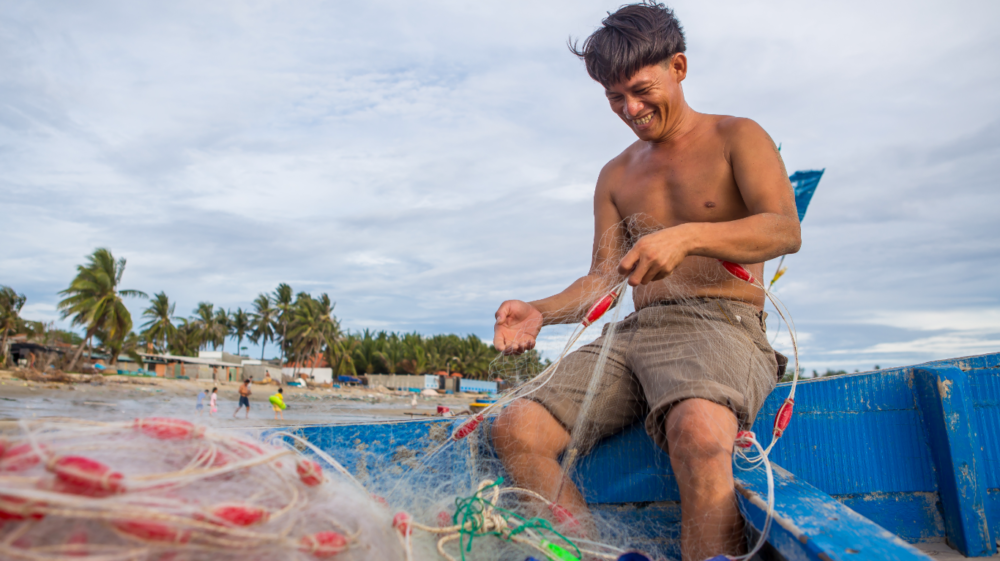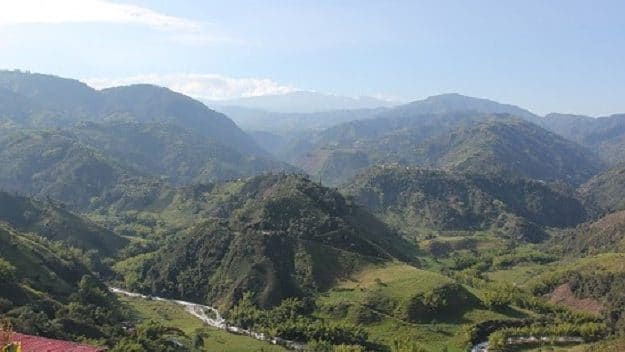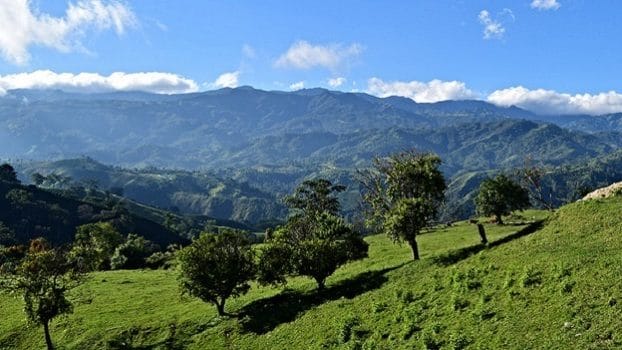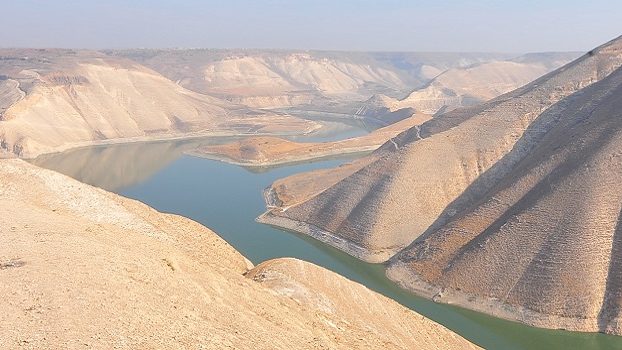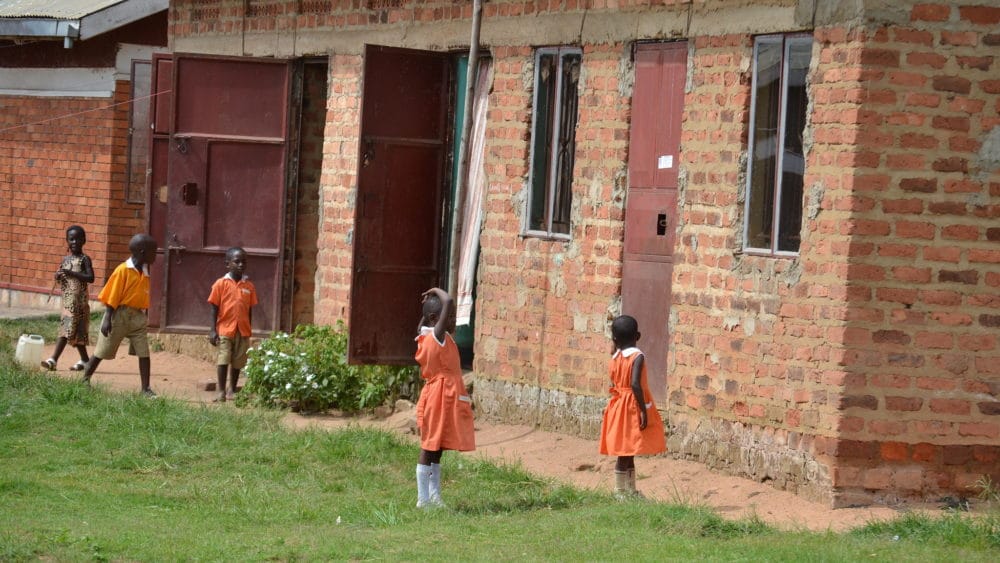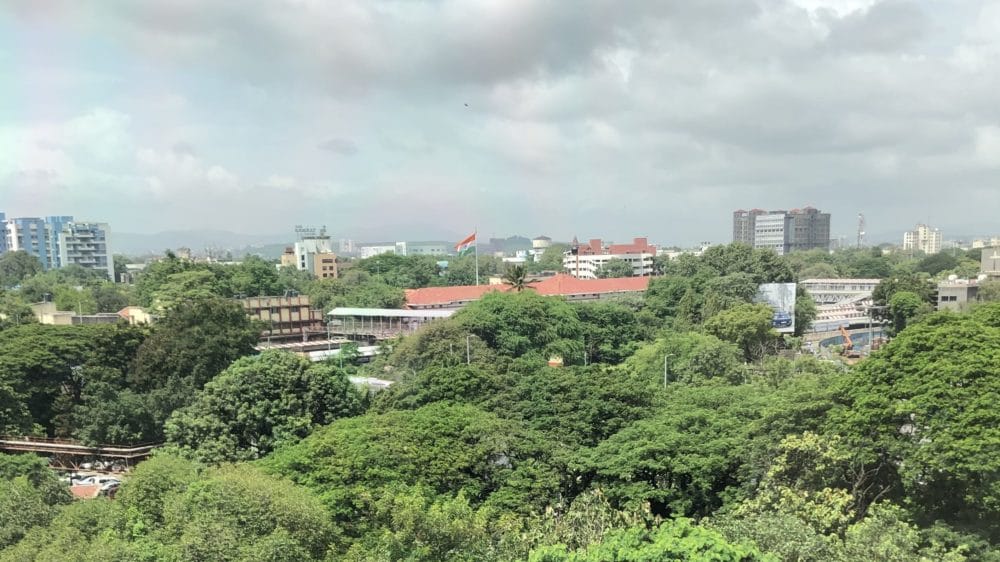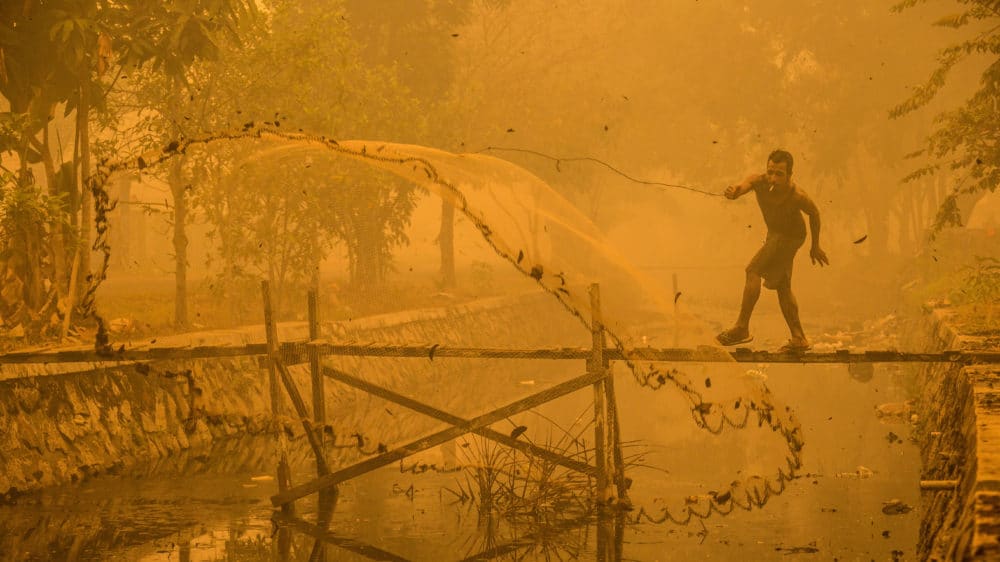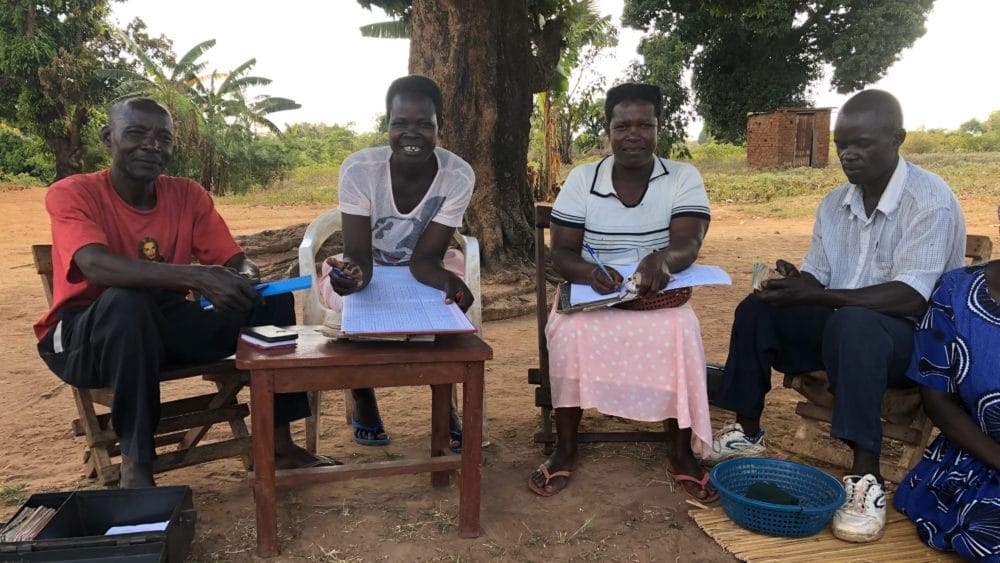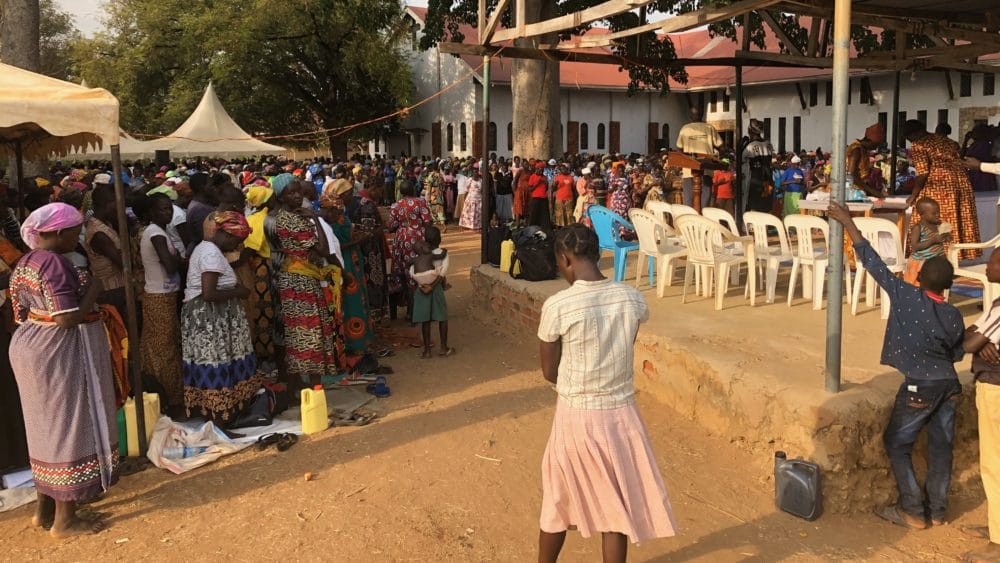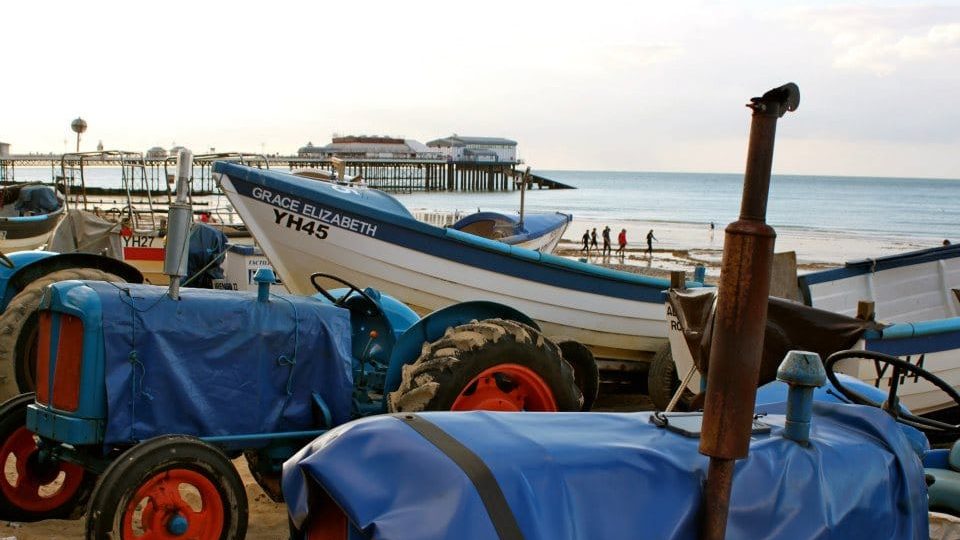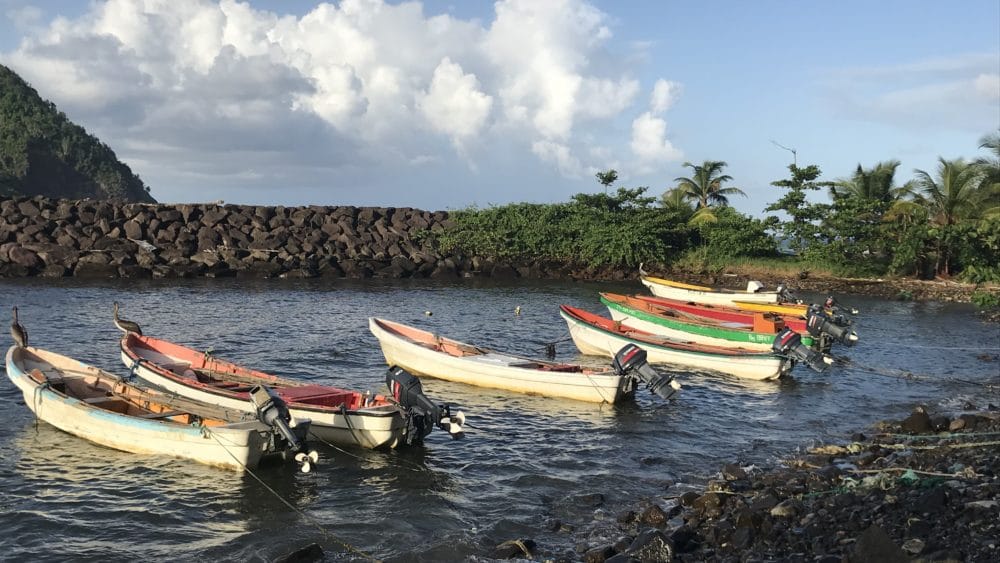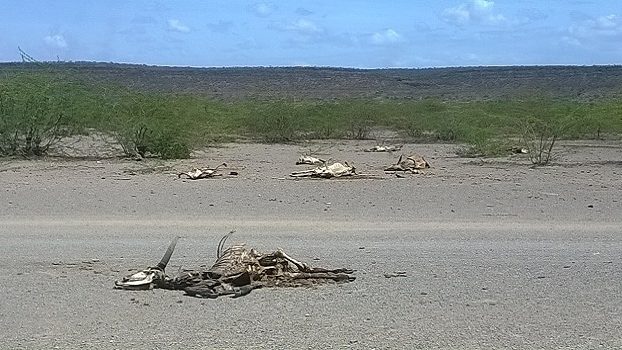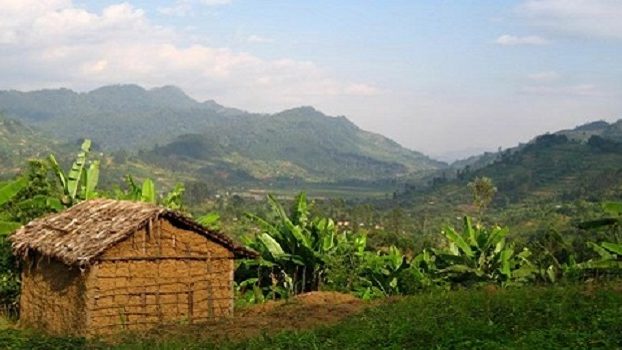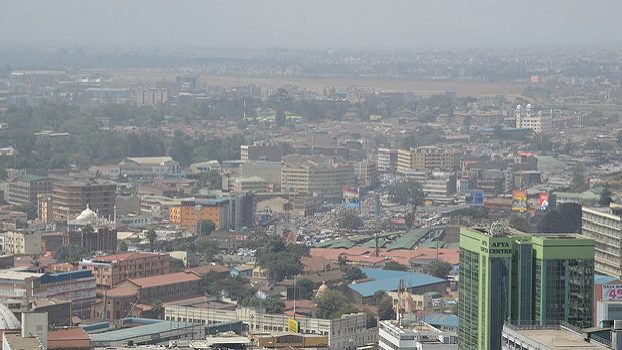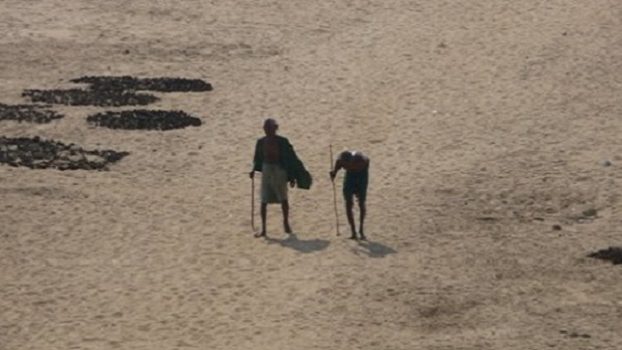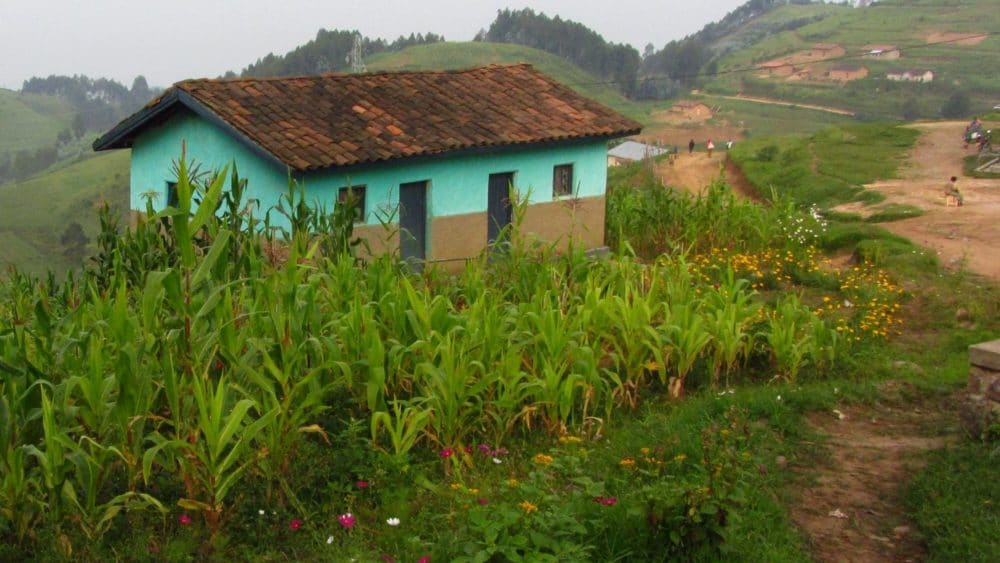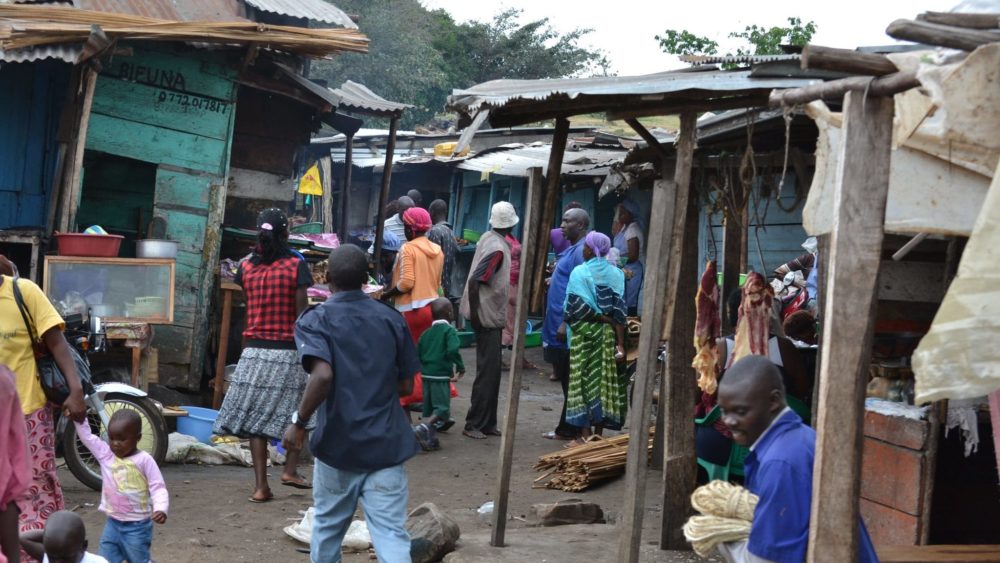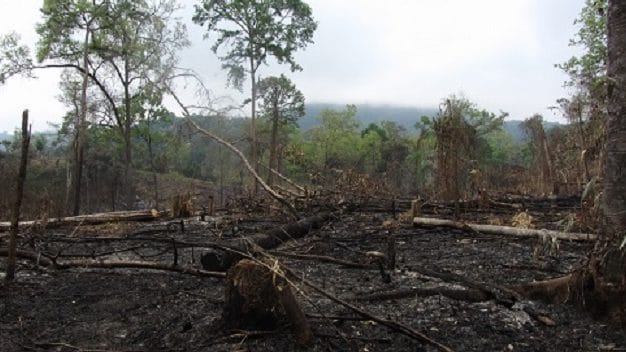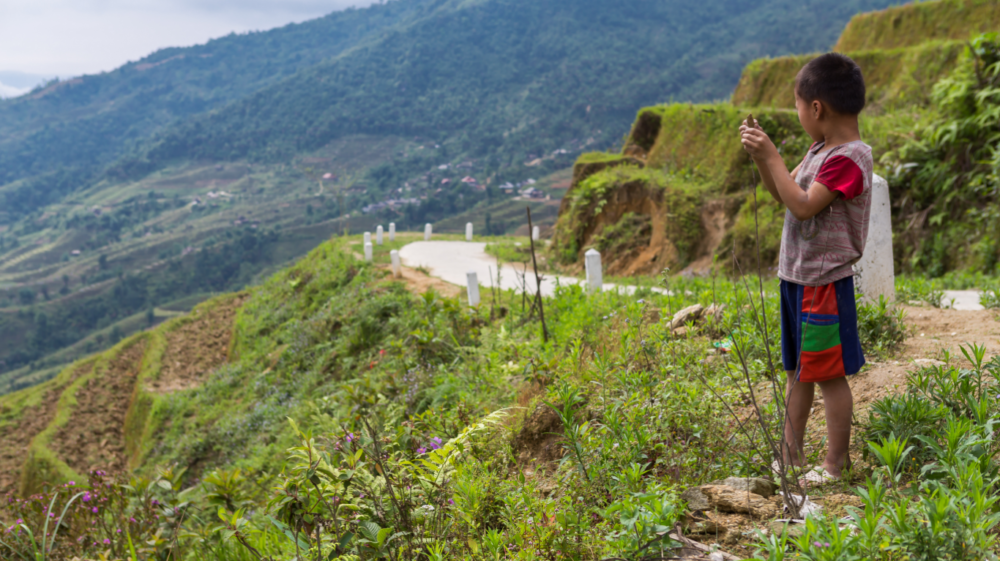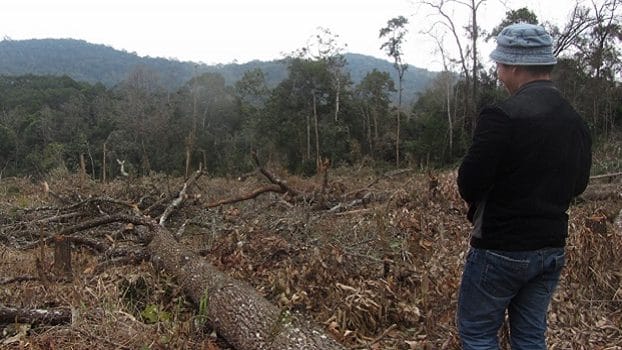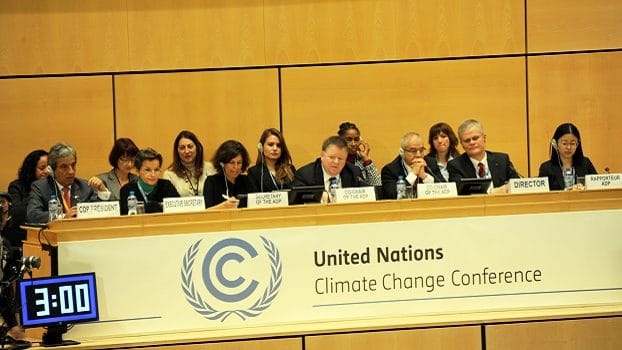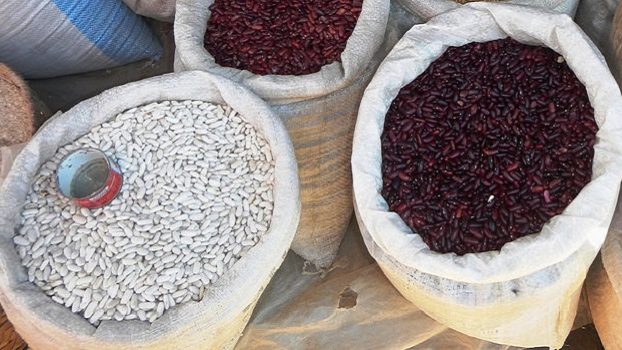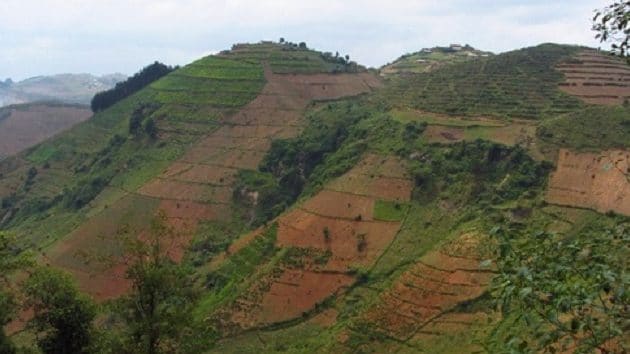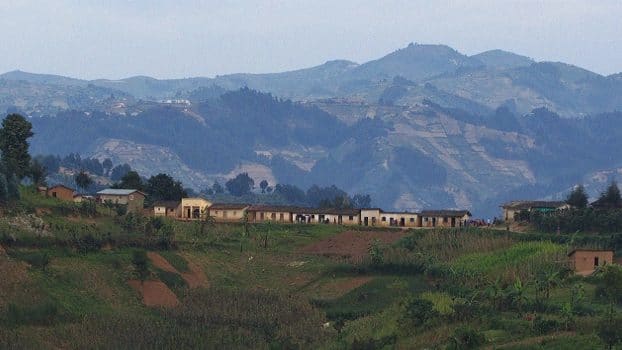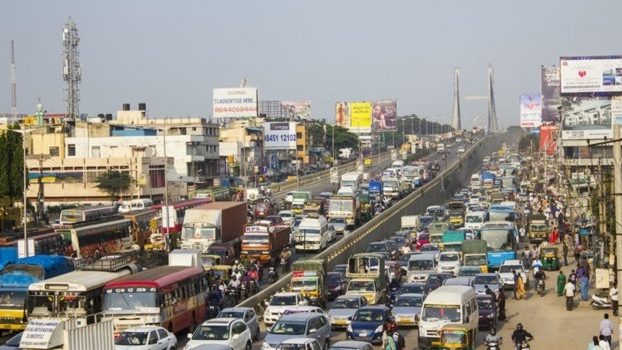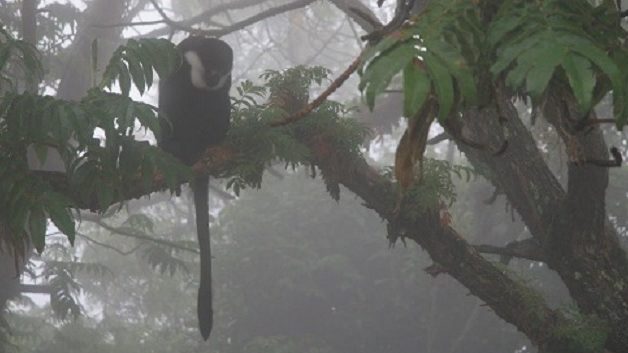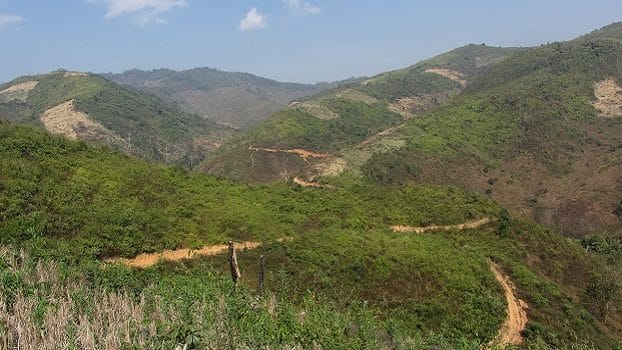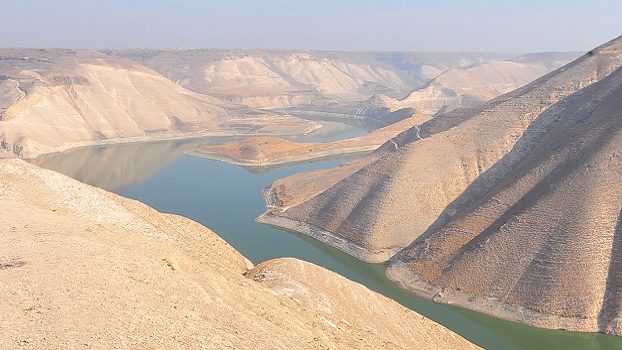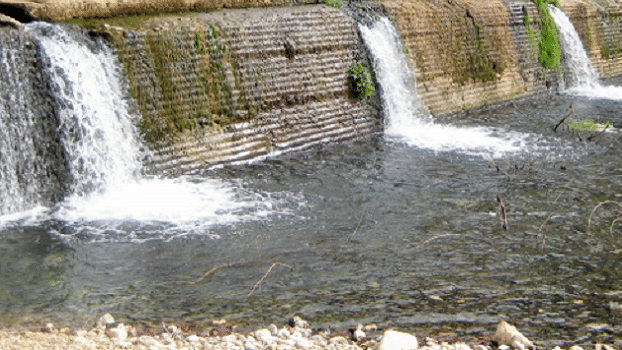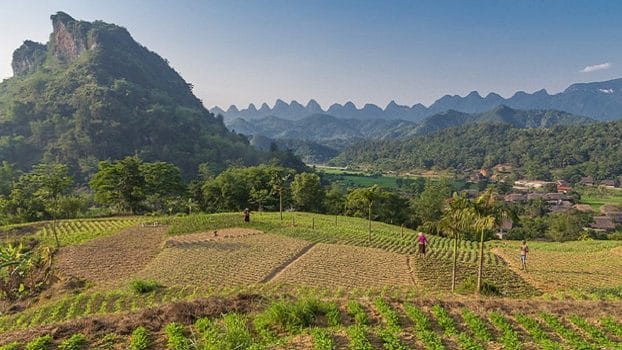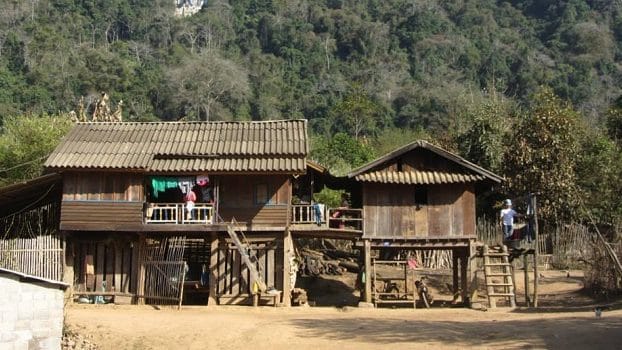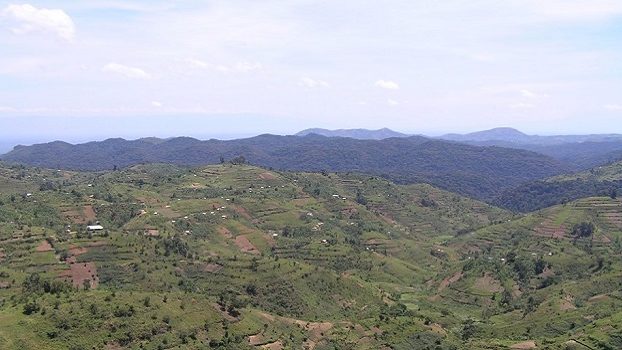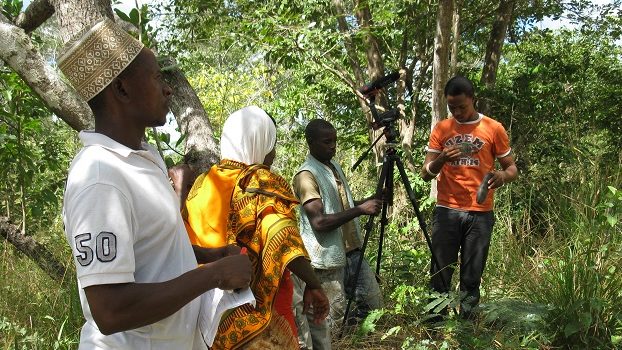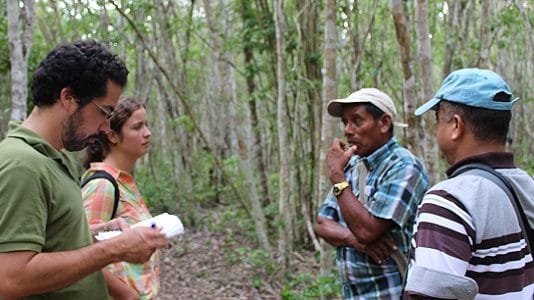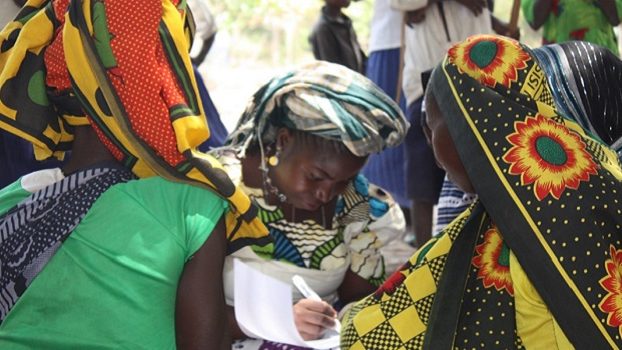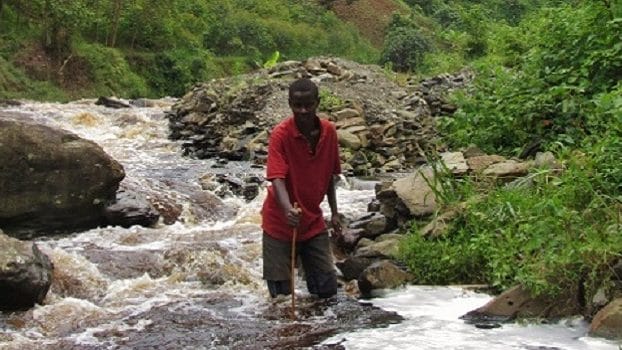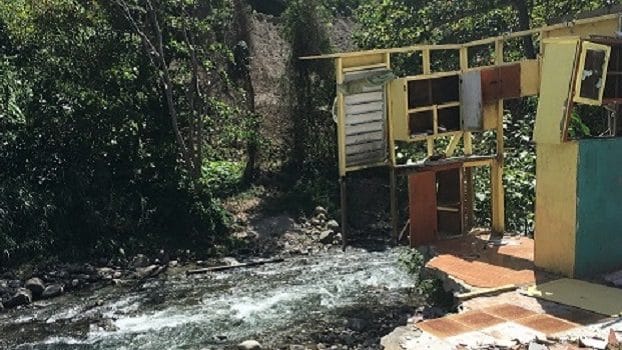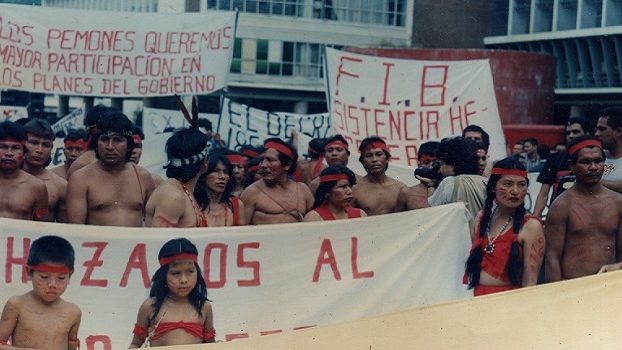The knowledge and practices of Indigenous Peoples have developed over long timescales in response to changing, and sometimes extreme, environmental conditions, to maintain both human wellbeing and the ecosystems to which it is deeply connected.
Indigenous knowledge therefore has potential to inspire innovations that can be replicated to contribute towards national and international targets for climate mitigation, adaptation, and sustainable development. Through this project, indigenous communities from 3 continents reflect on their own way of life and their turbulent experiences of environmental, economic and social policies, to present their own visions for just and environmentally sensitive paths forward.
Environment and development projects are commonly conceived externally and neglect or even discriminate against indigenous knowledge and skills, resulting in political marginalisation and inequitable distribution of costs and benefits. Indigenous Peoples, and the lands and resources their lives are interconnected with, are among the most vulnerable to external pressures, including climate change, extractive industries and attempts to intensify land use or modernise livelihoods.
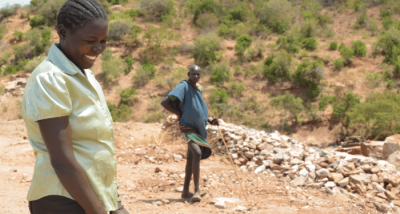
Our Approach
Our community-centred approach comprises three concurrent, interrelated streams:
A range of co-designed methods are being applied within partnering communities, not only by academics but by Indigenous community researchers. Methods include storytelling, life history interviews, mapping exercises, landscape walks, focus groups, participatory video, visioning/ scenario-building exercises and digital storymapping. This builds towards a community forum to share and validate findings, and to produce a memorandum detailing each community’s visions for sustainable development.
In response to emerging community perspectives and evolving policy processes, INDIS promote forums for the co-production of pathways towards more sustainable, just and inclusive development among indigenous representatives and government/ non-government stakeholders.
We aim to facilitate international discussions through the United Nations Framework Convention on Climate Change (UNFCCC), UN Permanent Forum on Indigenous Issues and the INDIS project Stakeholder Summit to inform and influence policymakers and stakeholders internationally.
In each country we draw on partnerships with civil society organisations and academics boasting extensive grassroots experience and connections, broad national and international policy networks and a proven track-record for policy engagement.
INDIS Coordinating Team
Investigator: Heike Schroeder, University of East Anglia
Tracey Osborne, University of California, Merced
Emma Gilberthorpe, University of East Anglia
Iokiñe Rodriguez, University of East Anglia
Neil Dawson, University of East Anglia
For in-country teams, see case study pages:
Contact
Principal Investigator: Heike Schroeder
Media Enquiries: Neil Dawson
Telephone: +44 (0) 1603 456161
University of East Anglia, Norwich Research Park, Norwich, NR4 7TJ, UK.
Project Timeline
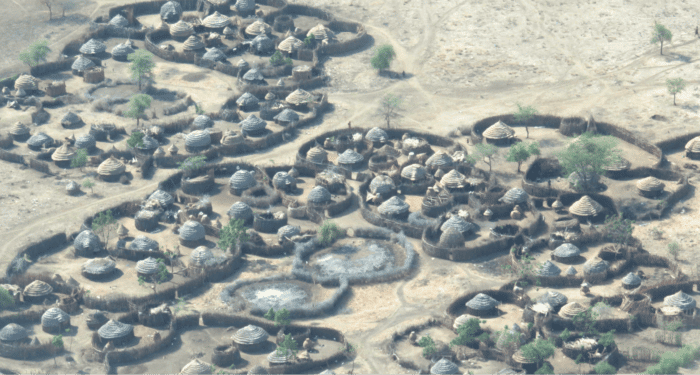
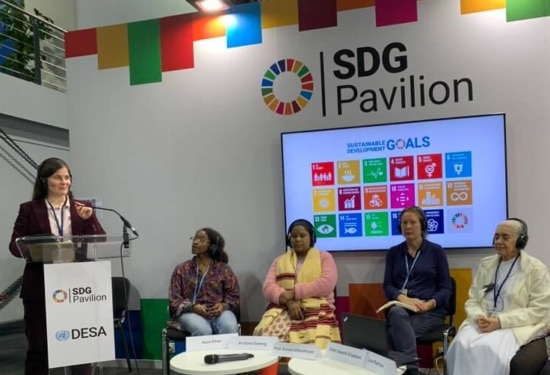
INDIS project at Glasgow Climate COP 26
November, 2021
Members of the INDIS team presented at several sessions at COP 26 in Glasgow. The events highlighted Indigenous visions of sustainable development from Bolivia and Uganda at the Indigenous Peoples forum and reflected on feminist leadership for sustainability at the SDG forum. The influence of Indigenous Peoples and local communities is rising in international climate policy and their enormous contribution to environmental stewardship increasing – the INDIS team are proud to contribute to this momentum.
Testimonies of autonomy from the Indigenous Territory of Lomerio, Bolivia
September, 2021
A video series of testimonies of autonomy from the Indigenous Territory of Lomerio, Bolivia have been produced through the INDIS project. Community members and leaders talk about the experiences of the Monkoxi indigenous people strengthening their political autonomy and local governance systems.
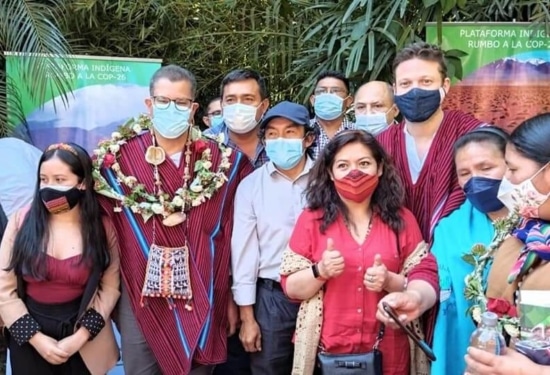
The Monkoxi of Lomerío share knowledge with UN Climate Conference COP 26 President, Mr Alok Sharma
August, 2021
The Monkoxi of Lomerío participated in a meeting with UN Climate Conference COP 26 President, Mr Alok Sharma in conjunction with British ambassador to Bolivia Jeff Glekin and the vice president of Bolivia. Indigenous peoples in Bolivia own the largest coverage of forests, and act as custodians of nature and biodiversity. The Monkoxi have been working to rebuild their history and strengthen their knowledge pertaining to the sustainability of their territory and locally driven development. These are some proposals that indigenous peoples are expected to present in COP 26.
The So/Tepeth language faces extinction unless urgent action is taken
July, 2021
Researchers from Makerere University reveal that the language of the So (Tepeth), an Indigenous People in Karamoja, is under threat of extinction because it does not exist in written form. They are working with the Tepeth to document their language and its links to their distinct culture. See the full news story
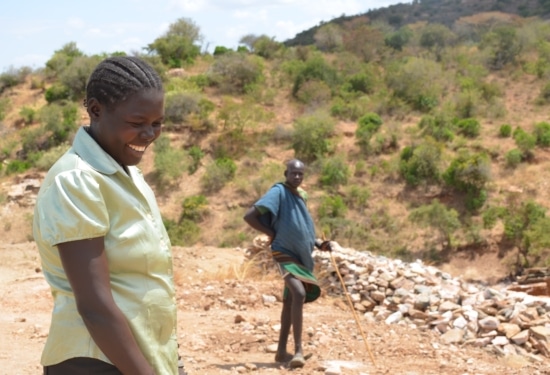
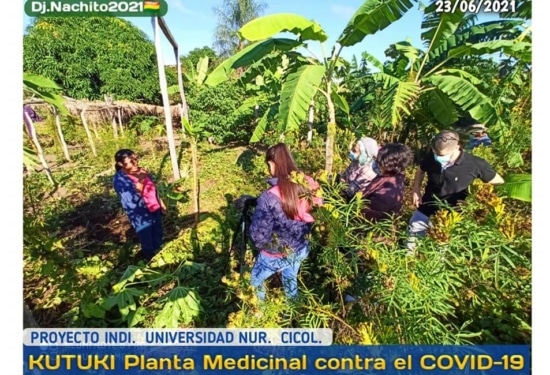
Systematizing the Monkoxi’s ancestral medical knowledge to treat COVID-19
July, 2021
The INDIS project’s partners CICOL, Nur University and University of East Anglia have been working together to systematize the Monkoxi’s ancestral medical knowledge to treat COVID-19. The work was recently covered on Bolivian news.
Young Explorer joins INDIS to highlight stories of Indigenous youth
June, 2021
The INDIS team are excited to welcome Markus Martinez Burman to join the project. Markus, from Mexico and Sweden and of Indigenous Juchitec descent, has won a prestigious National Geographic Young Explorer grant that will add an important dimension to the ongoing community-driven research. His project aims to raise the stories of Monkoxi youth in Lomerio, Bolivia through photography and storytelling and share their own visions of the future and sustainable ways of living while also trying to strengthen young leaders within their community.
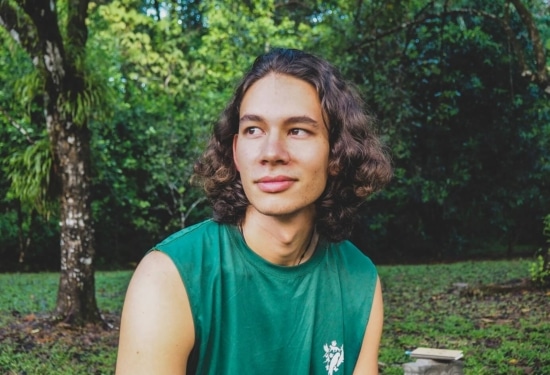
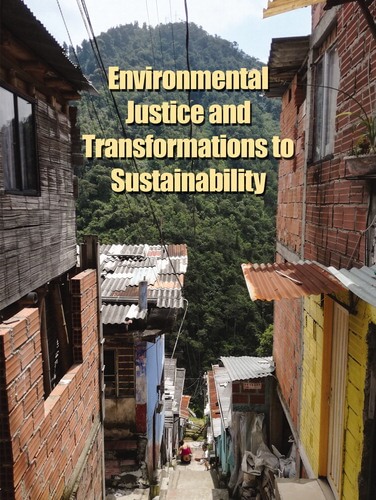
New publication: Environmental Justice and Transformations to Sustainability
November, 2020
Download the open access article here. This article by the Global Environmental Justice Group at The university of East Anglia, featuring members of the INDIS team, asserts an “inescapable need for radical, transformative change that combines sustainability and justice,” in order to address environmental crises and evidences, through examples, the pitfalls of more reformist approaches.
New study on the rights of nature movement in Uganda by Matthew Hopewell
September, 2020
Download here In mid-2019, the Government of Uganda enshrined the Rights of Nature into the National Environmental Act. This study explored how eco-centric law was able to enter national-level decision-making processes through an analysis of the discourse and strategies employed by a close network of proponent non-governmental organisations. The research finds a network of NGOs mobilised to generate new legislation which serves as a tool to ensure local communities and indigenous peoples’ can realise greater recognition and protection of their customary-ecological-governance systems, sacred-natural-sites and traditional food systems. This highlights the role NGOs can play in supporting a transformation towards more socially and ecologically just environmentalism.
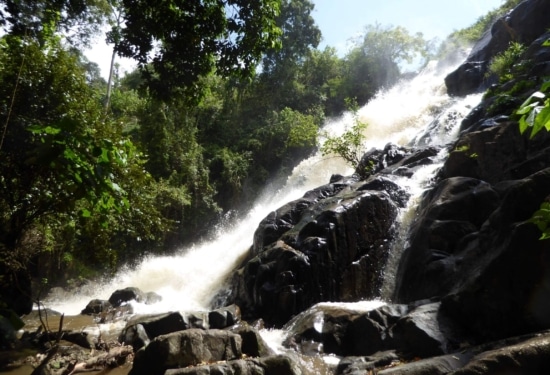
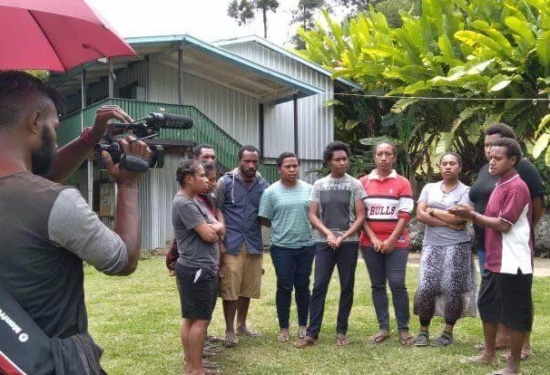
Filming testimonies of Indigenous sustainable development and impact of Covid-19 in Simbu, PNG
October, 2020
The History of the Monkoxi Nation in Lomerio, Bolivia – book now available in English
August, 2020
INDIS researchers Iokiñe Rodriguez and Mirna Inturias have, through funding from the Full Circle Foundation, supported Bolivian partners CICOL to produce an English version of this book detailing the History of the Monkoxi. Click to download On the Road to Freedom
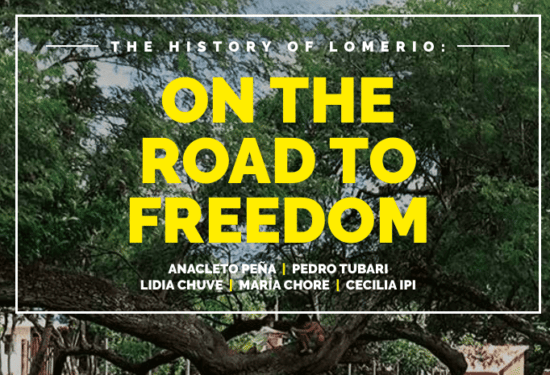
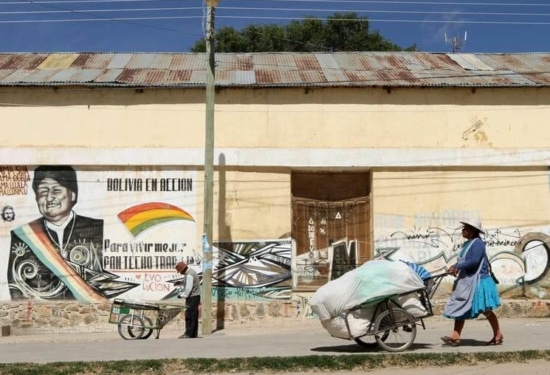
INDIS researchers Iokiñe Rodriguez and Mirna Inturias report the contribution of indigenous people to fighting climate change is hanging by a thread
February, 2020
New book: Indigenous autonomy and Justice in Bolivia
December, 2019
Check out this book from INDIS researchers Mirna Inturias, Iokiñe Rodríguez and others. It provides insights from a dialogue between different indigenous nations, support organization and government agencies
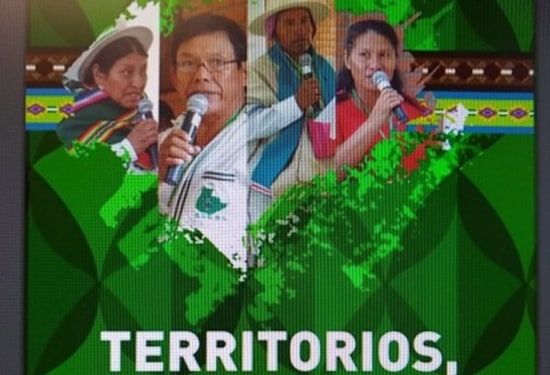
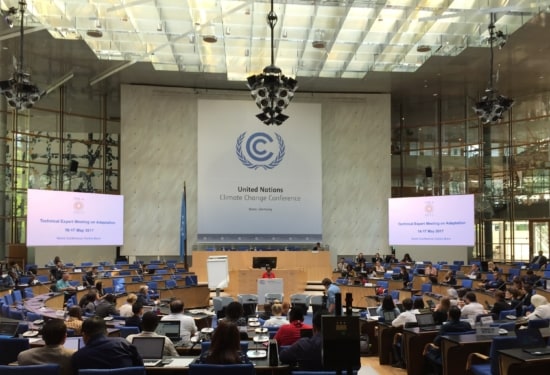
Bonn meeting of the UNFCCC Subsidiary Bodies
June, 2019
Tracey participated in the Indigenous Peoples Platform. Heike met up with Indigenous Peoples representatives.
United Nations Permanent Forum on Indigenous Issues in New York, USA
April, 2019
Teams from Uganda, Bolivia, PNG & Arizona attended UNPFII to network with other Indigenous Peoples and indigenous rights activists. Also held INDIS project meeting to coordinate methodological approaches, build networks and strategise for impact activities to come!
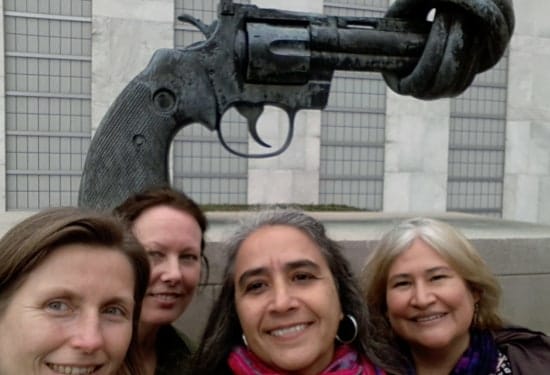
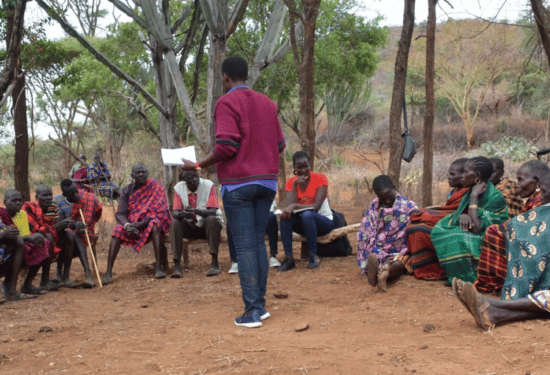
Co-designing INDIS’ methodology in Uganda
April, 2019
Meetings between partners and local communities in Moroto, Karamoja – led by the KDF team, Patrick Byakagaba and Emmanuel Kaduku (Makerere University) and Neil Dawson (UEA). Community researchers will soon begin collecting stories and perspectives within 3 Tepeth communities living on and around Mount Moroto.
Co-designing methodology in Bolivia
February, 2019
Demonstrating digital story-telling and participatory video methods in Lomerio, with Iokine Rodriguez (UEA), Mirna Inturias (NUR), Heike Schroeder (UEA) and Tracey Osborne (Arizona)
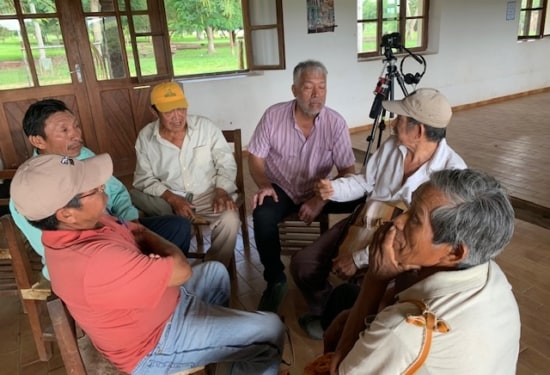
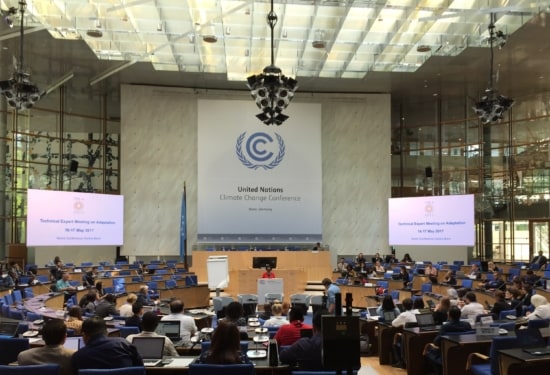
UNFCCC COP24 in Katowice, Poland
December, 2018
Tracey Osborne (Arizona) follows how Indigenous Peoples and their knowledge are represented and influence climate policy
Bolivia project start-up
November, 2018
Initial project meetings with research team from CICOL and NUR to agree on methodology for the Lomerio Guidelines document and agree planned activities for the project up to Feb 2021 – with Iokine Rodriguez (UEA) & Mirna Inturias (NUR)
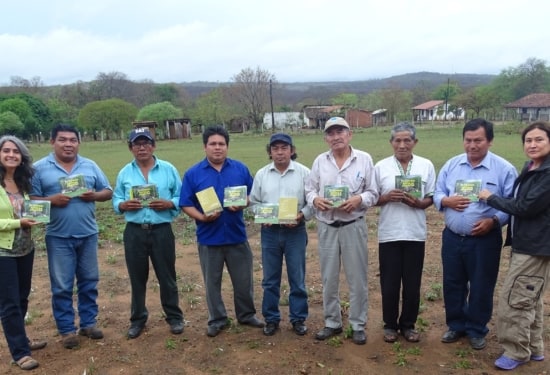
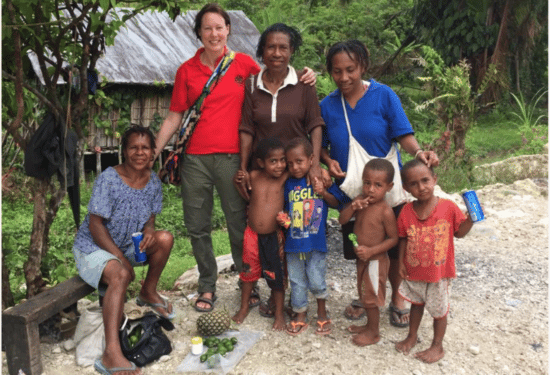
Papua New Guinea
November, 2018
The first INDIS trip to PNG involved planning meetings, discussions with local leaders and field visits to villages around Tabubil and the Ok Tedi mine. Emma Gilberthorpe (UEA), who coordinates the INDIS work in PNG was reunited with many old friends and colleagues along the way. The team also comprised project lead Heike Schroeder (UEA), David Glama (DWU), Bronya Kane (local researcher) and Neil Dawson (UEA).
Uganda planning activities
October, 2018
Neil Dawson (UEA) and Patrick Byakagaba (Makerere) held an inception meeting with all project partners in the capital, Kampala. Led by local partners, the Karamoja Development Forum, and their Director Simon Longoli, the INDIS Uganda team then took time to discuss ideas with local leaders around Moroto District, Karamoja and visited some of its people and places, from villages to mining areas and important water sources. The team also attended the local World Food Day Exhibition involving development agencies from local youth farmers to the UN Food and Agriculture Organisation.
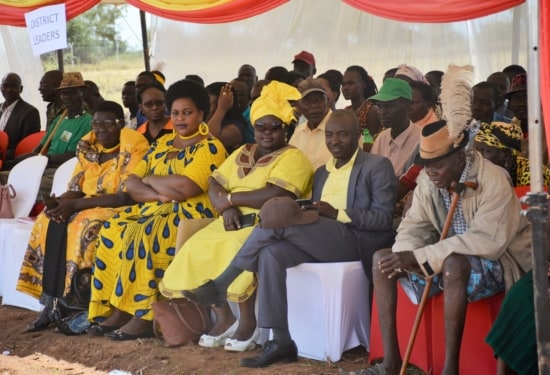
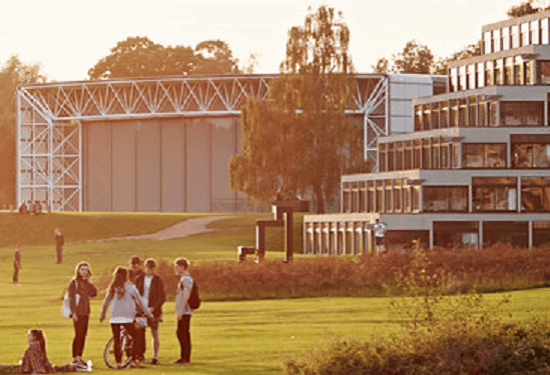
INDIS Project begins!
September, 2018
Inception meeting 4-5 September at University of East Anglia

